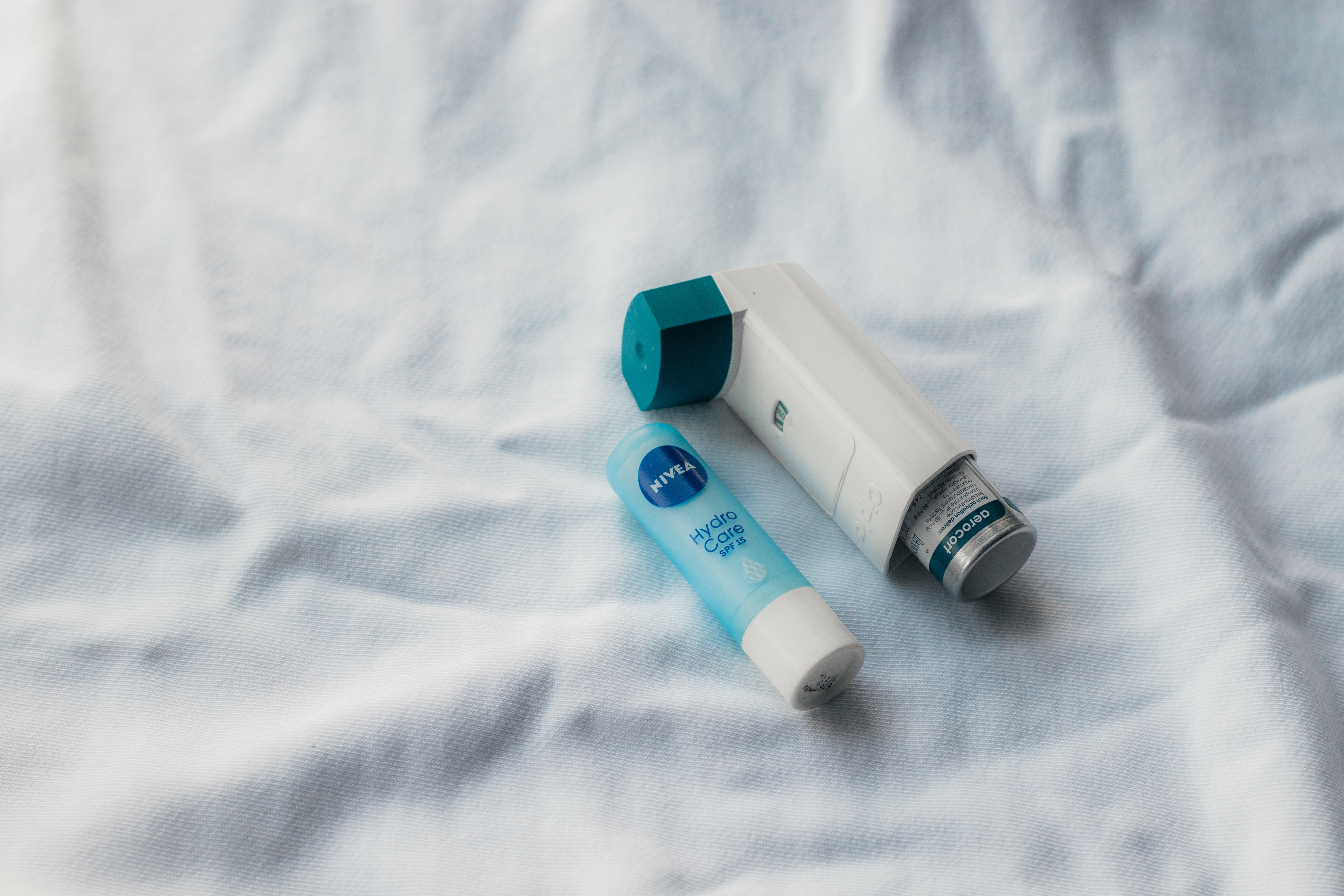3 Tips for Reducing Healthcare Costs in Times of Inflation
If you’ve been watching the news (or reading your grocery receipts), you’ve probably noticed that inflation has been a big topic of discussion for 2023. Inflation is used to describe a general rise in the price of goods and services, which translates to a decline in your purchasing power. In other words, you’re getting less bang for your buck.
Controlling your spending during times of inflation can be incredibly tricky, especially when there are costs impacted by inflation that you can’t always control, like the price of gas or your rent. So how can you save money when seemingly everything out there - from groceries to healthcare - is getting more expensive?
Reducing healthcare costs is a great place to start. With Americans spending an average of $13,000 per year on healthcare and medical care prices increasing by more than 5% last year, cutting back on healthcare costs can help you control spending and grow your savings. We’ve compiled some useful tips and tricks below.
1. Shop around for lower costs
Comparison shopping is a great way to ensure that you’re not overpaying for a good or service. A good rule of thumb when shopping for something, whether it’s appliances or a new car, is to check the price offered by several competing vendors. This is great for a few reasons: it can save you money, it educates you on the features of your product or service, and it turns you into a more informed consumer.
This simple trick can be applied to all sorts of purchases - it can even go a long way toward reducing healthcare costs. You would be shocked at how much prices for health services can vary from doctor to doctor or pharmacy to pharmacy. If you pay for any of your own care - whether out of pocket or via an insurance deductible, you can save much more than you think by comparing pricing (which you can do on sesamecare.com).
2. Buy generic over name-brand
Rushing to the big-name brand isn’t always the best solution. Most retailers offer a generic or unbranded version of a good or service at a fraction of the cost, even though both products are typically manufactured by the same company and have the same components or ingredients. Those manufacturers can then appeal to people who are paying at both ends of the spectrum, as demonstrated by this grocery price comparison.
This is especially true when it comes to healthcare and prescription drug costs since most brand-name drugs have a generic version with the same formulation. According to the Food and Drug Administration (FDA), generic drug prices can 80-85% less than their name-brand counterparts.
For instance, the cost of a 50-count, 200mg bottle of generic ibuprofen at Walmart is $2.18. The cost of a 50-count, 200 mg bottle of Advil (name-brand acetaminophen) is $6.78. That’s the same amount of the same drug at the same strength and formulation – with cost savings of $4.60. Be sure to compare generic and name-brand counterparts next time you’re at the pharmacy or booking a doctor’s appointment, and you’ll be amazed by how much you can save.
3. Pay in cash for medications and medical services
There are a number of pros and cons in the cash vs credit debate, but cash is king for a few specific reasons:
- Card companies often charge a business a fee for processing transitions, and some businesses pass that charge on to you. Other stores offer cash-payment discounts to avoid paying a few to card issuers.
- If you don’t pay off your card in time, you’ll likely pay a premium in the form of higher interest the next time you need to borrow money. Paying in cash helps you avoid these interest rates and loan terms.
- Giving yourself a cash budget can prevent you from overspending. Research has found that people who pay with credit cards are more prone to overspending and debt.
Paying in cash can also help with reducing healthcare costs. Traditional healthcare has caused millions of Americans (insured or not) to feel the pain of increased premiums and insurance deductibles. In fact, over 26 million continue to go without insurance or choose not to use their insurance for routine care because deductibles are so high.
It's important to remember that in-network rates aren't always good! Often, cash pricing for services can be negotiated at substantially lower rates than even what insurers have arranged - with the same quality of care. Thanks to cash pricing, Sesame patients saved over $25M in 2022 on primary care and medications when compared to the price of traditional care – all thanks to transparent prices and a business model that’s reducing costs in healthcare by connecting physicians and providers directly with patients.
Keeping these tricks top of mind can help you save money for the expenses impacted by inflation that you can’t always control, such as high interest rates or toilet paper prices. Even if you have a high deductible or no health insurance, Sesame can help you find the services you need at half the price. Hone in on how and what you’re paying for goods and services, especially medical care, to keep your heart and wallet happy.









